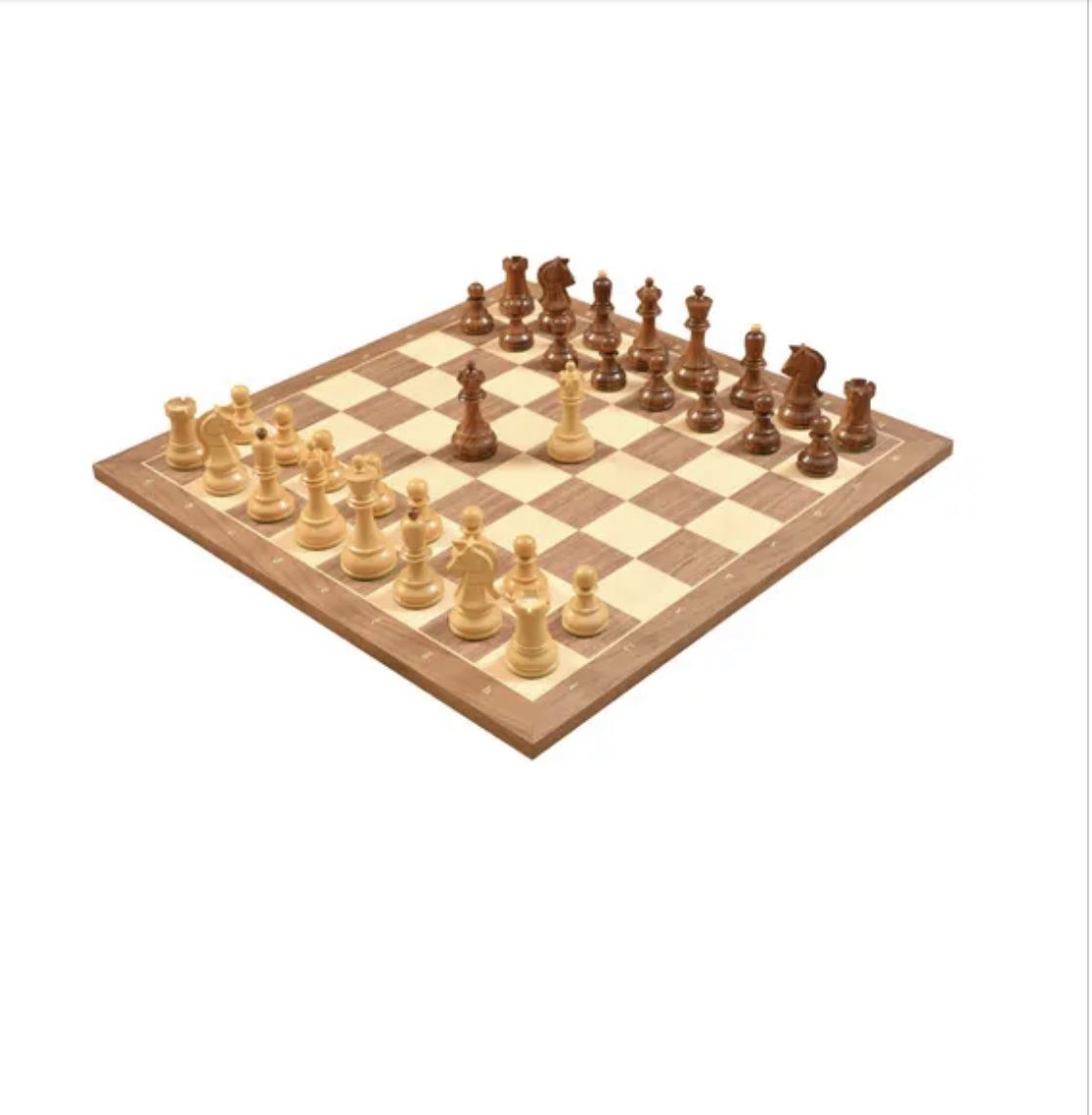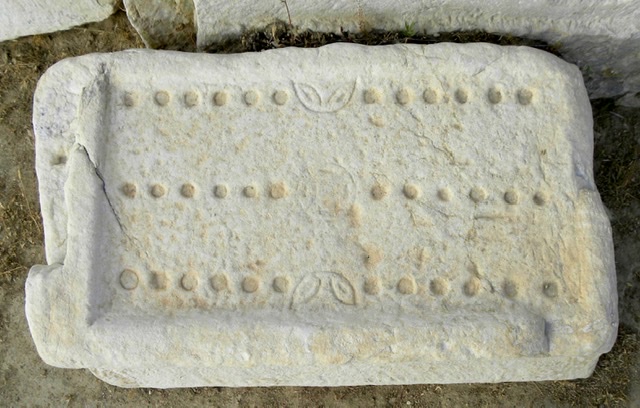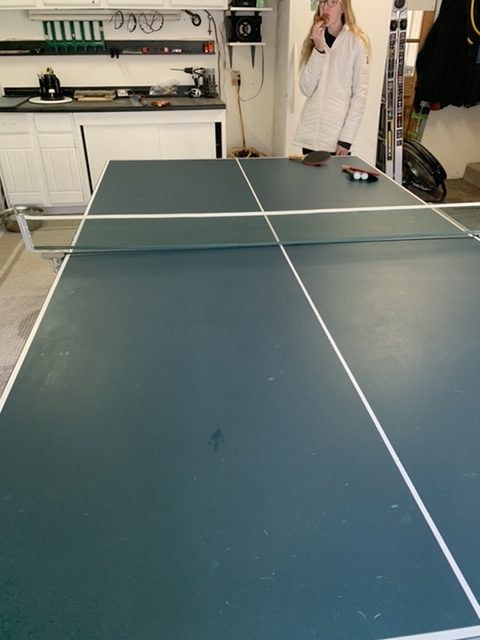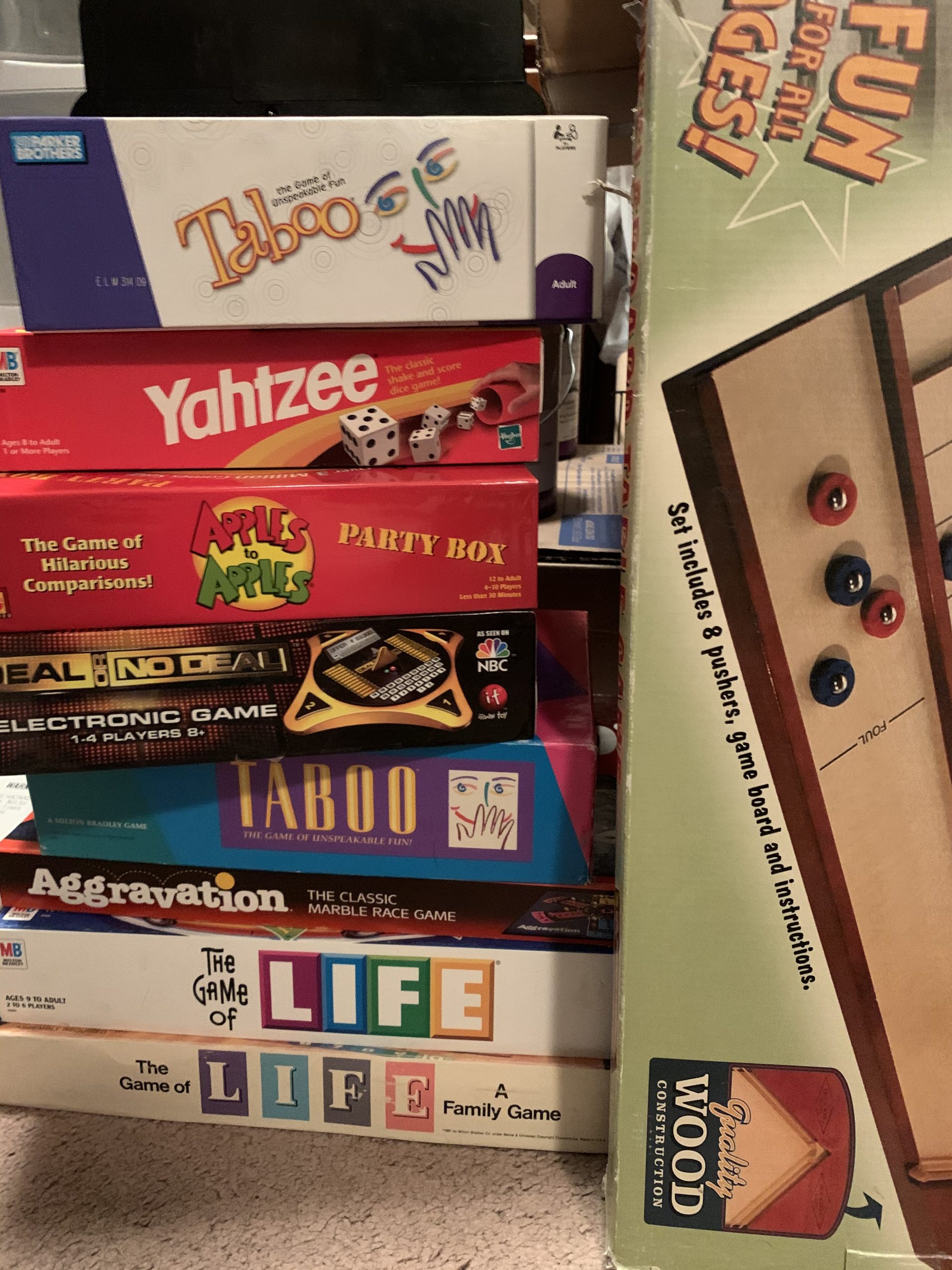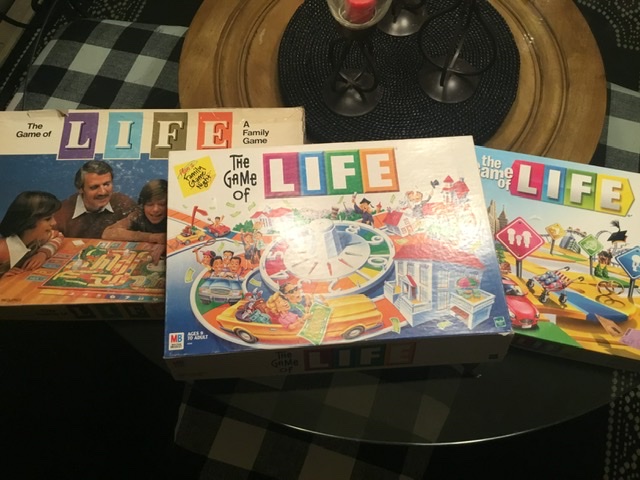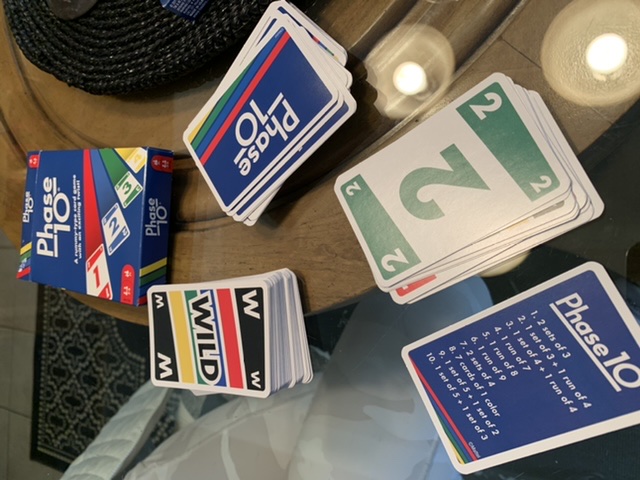Chess Was Dead, Now It Broke the Internet
As COVID-19 spreads around the world, confining millions of people indoors, online chess has exploded in popularity and provided much-needed social connections for longtime players and newcomers alike. Chess.com, the most-visited global website for online chess play, expects 10 years worth of site growth to occur within the next few months. It has gained more than 700,000 members over the past three weeks, according to figures provided to Sporting News, and last weekend elevated to 9.1 million games played per day. The company is asking its engineering team to work overtime to keep its servers stable. Bernard Shaw despised it. "Chess," he said, "is a foolish expedient for making idle people believe they are doing something very clever when they are only wasting their time." HG Wells took a similar line. "The passion for playing chess is one of the most unaccountable in the world," he wrote in an essay. "It annihilates a man." Raymond Chandler was just as rude, calling it "as elaborate a waste of human intelligence as you could find anywhere outside an advertising agency". I prefer the view of the German-born Siegbert Tarrasch, the best player in the world in the 1890s, though never world champion (the official title had only been instituted in 1886). "Chess, like love, like music, has the power to make men happy," he wrote in the preface to The Game of Chess, which was published in 1931, three years before his death. The more you know about the game, the more limitless it seems. Thirty-two pieces and pawns on a 64-square board, yet more possible game variants than there are atoms in the universe. We all differ in our abilities to solve problems, learn, think rationally, acquire new knowledge and integrate existing and new ideas.

